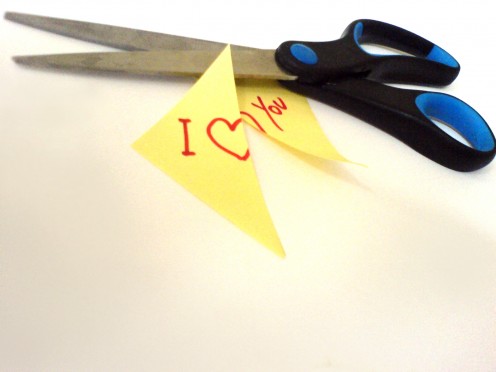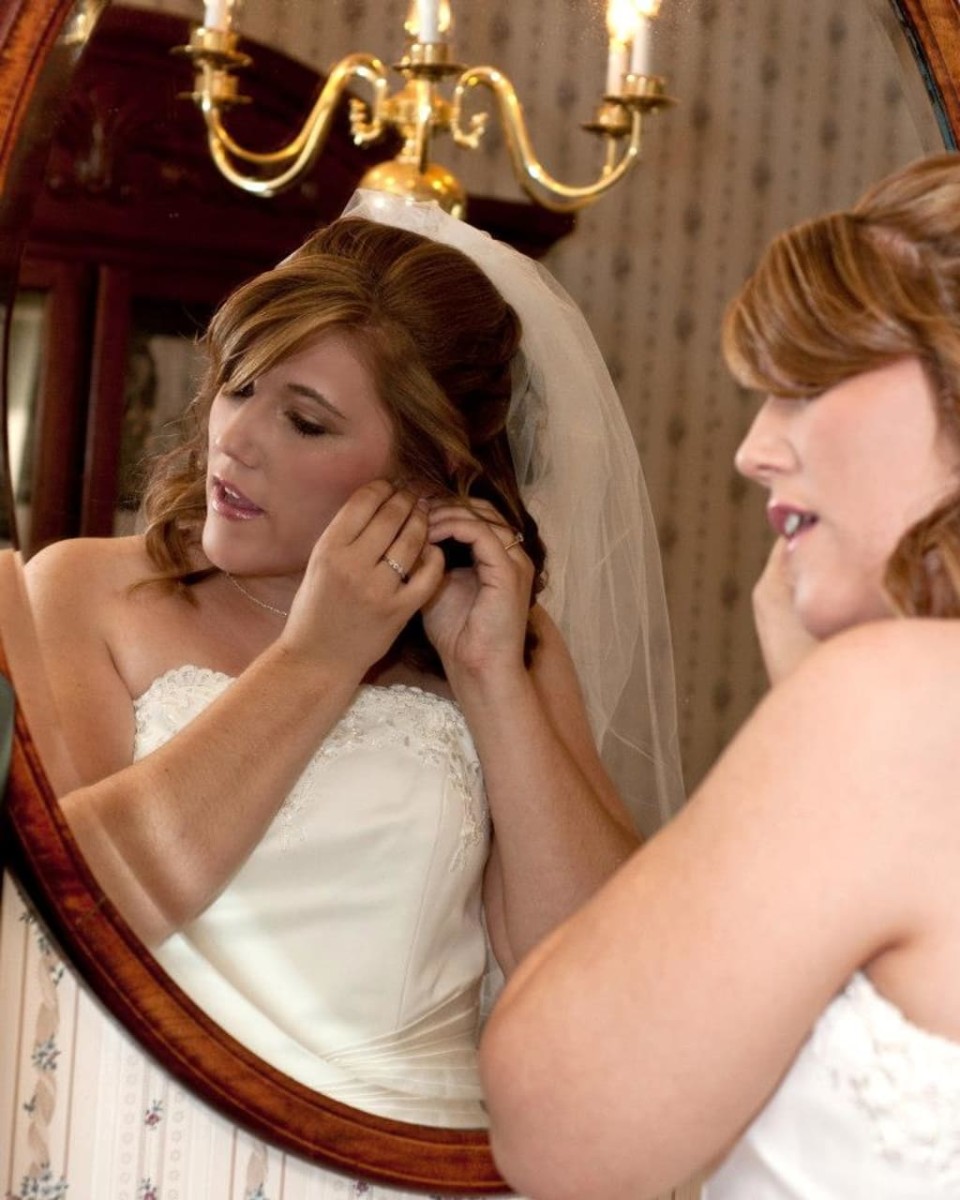Children and Divorce - 5 Steps To Take When Your Spouse Drags Your Child into the Uncertainty and Pain of Divorce

You Can Gain Control Over What Is Happening to You and Your Child
Divorce is difficult for children, even when both parents exercise maturity and compassion in order to put the welfare of their child above all else. But when parents fail to understand or care about a child's welfare, the child becomes a pawn in a devastating power game.
If you find that your spouse is dragging your child into the uncertainty and pain of divorce, here are five steps you can take to give both yourself and your child control over what appear to be insurmountable obstacles.
1 ● Accept That You Cannot Change Your Spouse
There is nothing you can do to change the way your spouse behaves. Your spouse's behaviors may include mean-mouthing you in front of the child, seeking custody not for the welfare of the child but to punish you, repeatedly promising to keep to a mutually agreed schedule or commitment and then deliberately failing to follow through, and the list goes on.
Recognize that your spouse is acting out of immature self-interest. Avoid analyzing these behaviors to the point where it makes you sick and ineffective. Accept this difference between you, that there is nothing you can do to change it, and move on.
You may find courage and inspiration, as I did, in the Serenity Prayer. Keep in your heart that when it comes to knowing what you can and cannot change, you do have the wisdom to "distinguish the one from the other".
2 ● Understand What is Happening to You During the Divorce Process
Your marriage had its own life, just as any living, breathing organism. It was born, it grew, it faltered, and now it is going to die. You will be grieving for its loss. The National Mental Health Information Center is a good place to learn about grief, its symptoms, its impact, and its outcome.
Grief is not the only emotion that can take center stage in a divorce. Anger, frustration, loneliness, and shame are among the competitors.
Learn as much as you can about what is happening to you so that you can identify the origins of the emotions you are feeling. Seek out trusted friends and family members, support groups, a therapist or counselor, and a religious advisor to help you. You need to come to an understanding of yourself in order to understand what is happening to your child.
3 ● Understand What is Happening to Your Child
Just as it is for you, everything in your child's life is in upheaval. Your child is experiencing an earthquake. The floor is falling out from under and then rising up again, and your child cannot gain balance. The result is that your child lacks any meaningful, positive sense of control and consequently is afraid.
We are supposed to be there for our children, especially through an earthquake. We are their rocks of strength, pillows of comfort, and owls of wisdom. But when we have an agenda that doesn't include the welfare of our children, we can be none of these things. Your child knows this intuitively and behaves accordingly.
Learn more about your child's perspective by reading the Children and Divorce article at the website of the American Academy of Child & Adolescent Psychiatry.
4 ● Listen to Your Child
Your child has much to say, although you will hear little or none of it unless you learn to listen, because your child is in a circumstance where saying something to you that is both truthful and painful is enormously difficult. Your child is as busy protecting you as you are protecting your child.
You can engage in a dialog that reveals what your child is thinking through a technique called active listening. When you listen actively, you are encouraging your child to keep talking, you are helping your child to clarify thoughts and emotions, you are showing that you are interested and loving and not judgmental, and you are validating the worth of your child's thoughts and opinions.
Active listening is a powerful technique. For more information about active listening, read LSU's article on talking with children. And consider buying the book How To Talk So Kids Will Listen & Listen So Kids Will Talk.
When you listen to your child, your child will be listening to you.
5 ● Be Your Child's Role Model
You know the old saying often directed to children, "Do as I say, not as I do." As adults, we laugh at this gem because we understand its underlying joke. But when children hear these words, they find nothing funny. In fact, all children have to hear is "Do as I say...", without the rest, and they know immediately that they are being commanded to do something that the parent isn't necessarily able or willing to do.
Likewise, your child is "reading between the lines" and aware of your feelings, without your having to say one word. If you are trying to suppress your feelings, your child is on to that, too.
This is your opportunity to show your child how you acknowledge and react to negative feelings, just as you do to positive feelings. This is very hard to do, because we would rather pretend that everything is good and happy and safe in order to protect our children. But children know the difference between good and bad, happy and sad, satisfaction and frustration, and comfort and pain. When we act as though all is roses, they know we are lying. If there is a silver lining to this dark cloud of divorce, it is the positive, honest example you can set for your child. Our children need to see how we manage difficulty, so that they can learn to do the same.
On a Personal Note...
My opinions and advice come from my heart and from a long time in therapy dealing with my own divorce. There are still times when my heart burns and my anger flares. But I am blessed to have the most wonderful daughter to listen to and learn from.
You May Also Be Interested In...
© 2008 Sally's Trove. All rights reserved.











